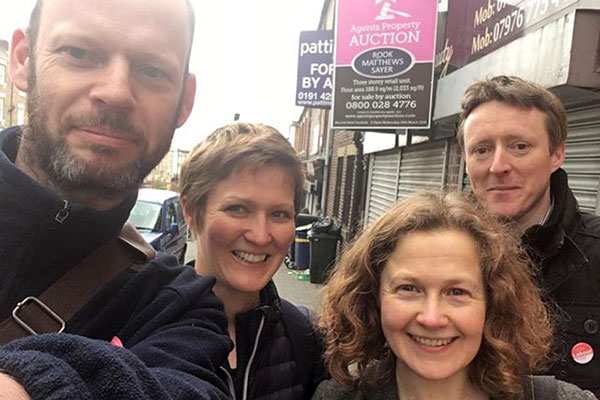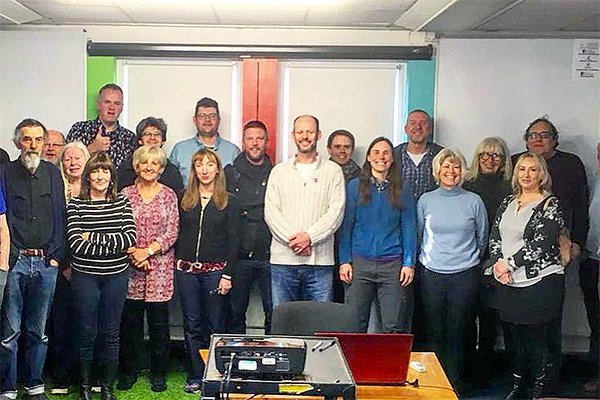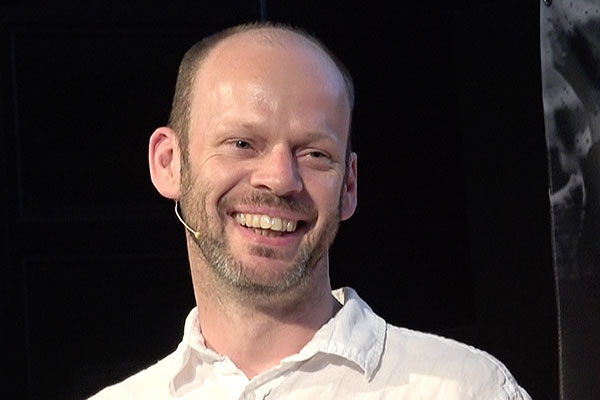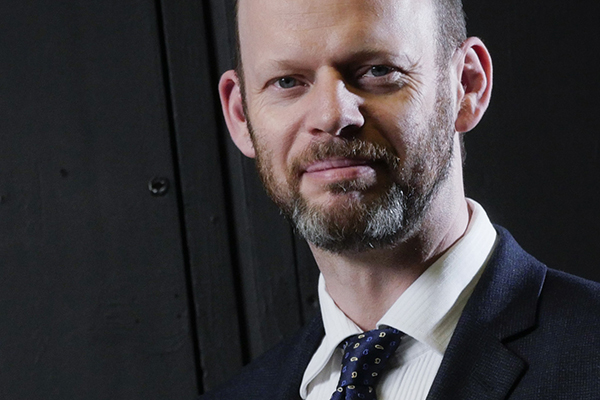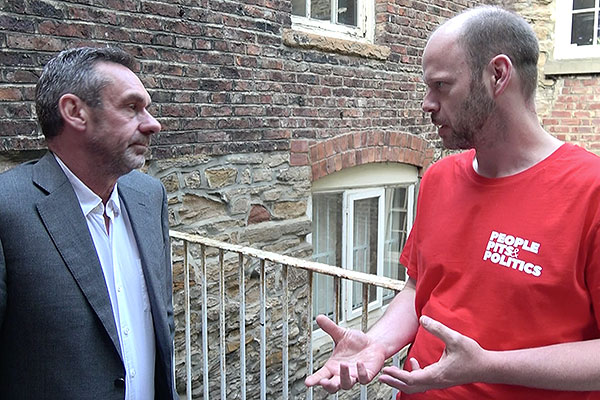Valuing the arts

Setting aside the Damien Hirsts of this world, most artists don’t take up their craft with the expectation of a private jet and a villa in Tuscany. They do it to satisfy an artistic drive – it’s part of who they are.
‘Every child is an artist. The problem is staying an artist when you grow up’. That’s Pablo Picasso. The artists at the Lime Street Studios in the Ouseburn Valley would agree with him.
They agree, too, that the arts and the economy are inextricably linked.
The Government seems to think the arts has little importance. Why else would they be drastically cutting arts education in schools, colleges and universities? It’s a false economy. The arts not only enrich our lives, it employs over 137,000 people.
I visited the artists at the Lime Street Studios recently. It’s sandwiched between The Cluny and Seven Stories on the Ouseburn Valley. I asked them what they needed to keep their artistic businesses vibrant.
They all have a ‘portfolio’ of ways to make a living. Selling artworks, taking commissions. A bit of teaching. Community art projects, music gigs and music therapy sessions. Putting on exhibitions. And art therapy work in hospitals, particularly for those with mental health problems.
Covid, of course, completely pulled the rug out from under all of this. The artists have shown their resilience, and adapted. But many of the areas and people that needed the arts most have been hardest hit.
We talked about the value of art in education. How it produces more rounded individuals who have insights into other aspects of life that you don’t always get if you only study science or maths. That’s what the arts give you – it’s not only about becoming an artist or a musician – it’s about having a wider personal scope.
The future is going to be all about adaptability. My kids are good at science and maths – but unlike me, they’re also good at music and fine art. It will serve them well in a changing world.
I asked what their economic barriers were. They told me there was a need for more buildings like the Studios. The need for accessibility and affordable rents. How artists need the confidence that they can build up their businesses and community networks without the worry of being moved on. And how these spaces are needed across the region, not just in Newcastle.
They need broadband in the whole building, so they can continue the online work they’ve been able to offer during lockdown. Which brings us back to diversity again. People with disabilities and mental health issues have had unprecedented access to the arts online. The Studio artists were very keen to make sure that wasn’t withdrawn.
They stressed the importance of having a space like the Lime Street Studios, but they need investment. Although they each run their own businesses, the Studio premises is run as a cooperative. All of the artists in the old bonded warehouse are part of its collective management, and make their own decisions about how to manage the space. But co-operatives find it difficult to attract investment.
That’s where the Combined Authority comes in.
Our Cultural and Creative Investment programme provides steppingstones to support organisations to emerge from COVID on a more resilient, and sustainable, footing. Every business’s finance needs are different. That why our £2.625 million fund has numerous finance options. Small grants up to £5,000 each. Loans of around £50,000k to £150,000 at interest rates from 0% to 10%. And equity investment of up to £75,000.
There’s a separate offer for freelancers to help develop commercial skills such as protecting their intellectual property or developing their brand. We’re working in partnership with Creative England on the fund – have a look at what we’re offering at www.creativeengland.co.uk/northoftyne
The Studio artists told me how important it was to be able to access funding like this, without the strings or reams of paperwork.
Economic development has to be low-carbon and inclusive, so everyone benefits from it. It also has to be enriching. We need a culture of valuing the arts for their own sake.
And the Combined Authority’s here to help with that.
*Originally published in the Journal and Evening Chronicle 20 Sept 2021

